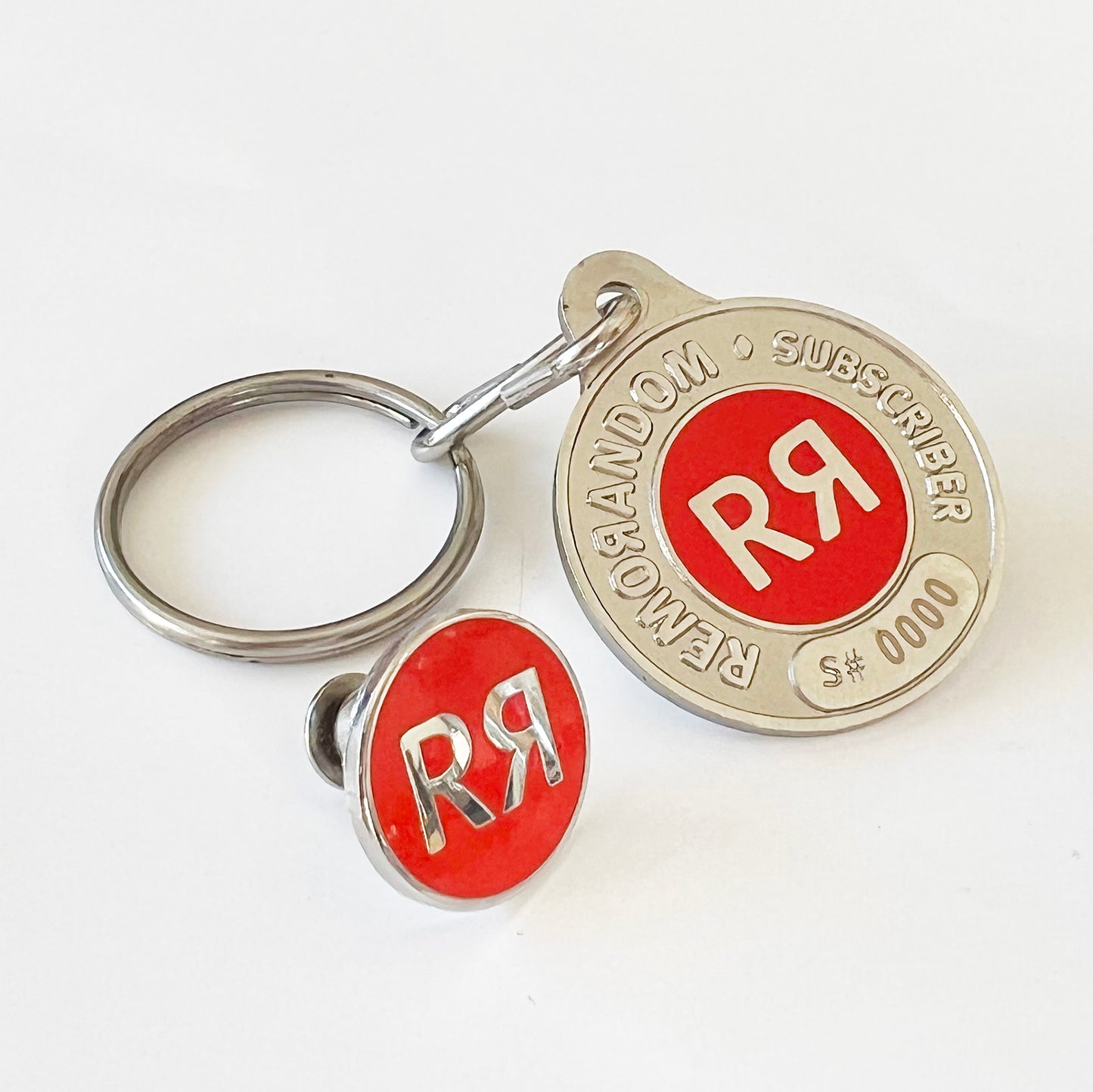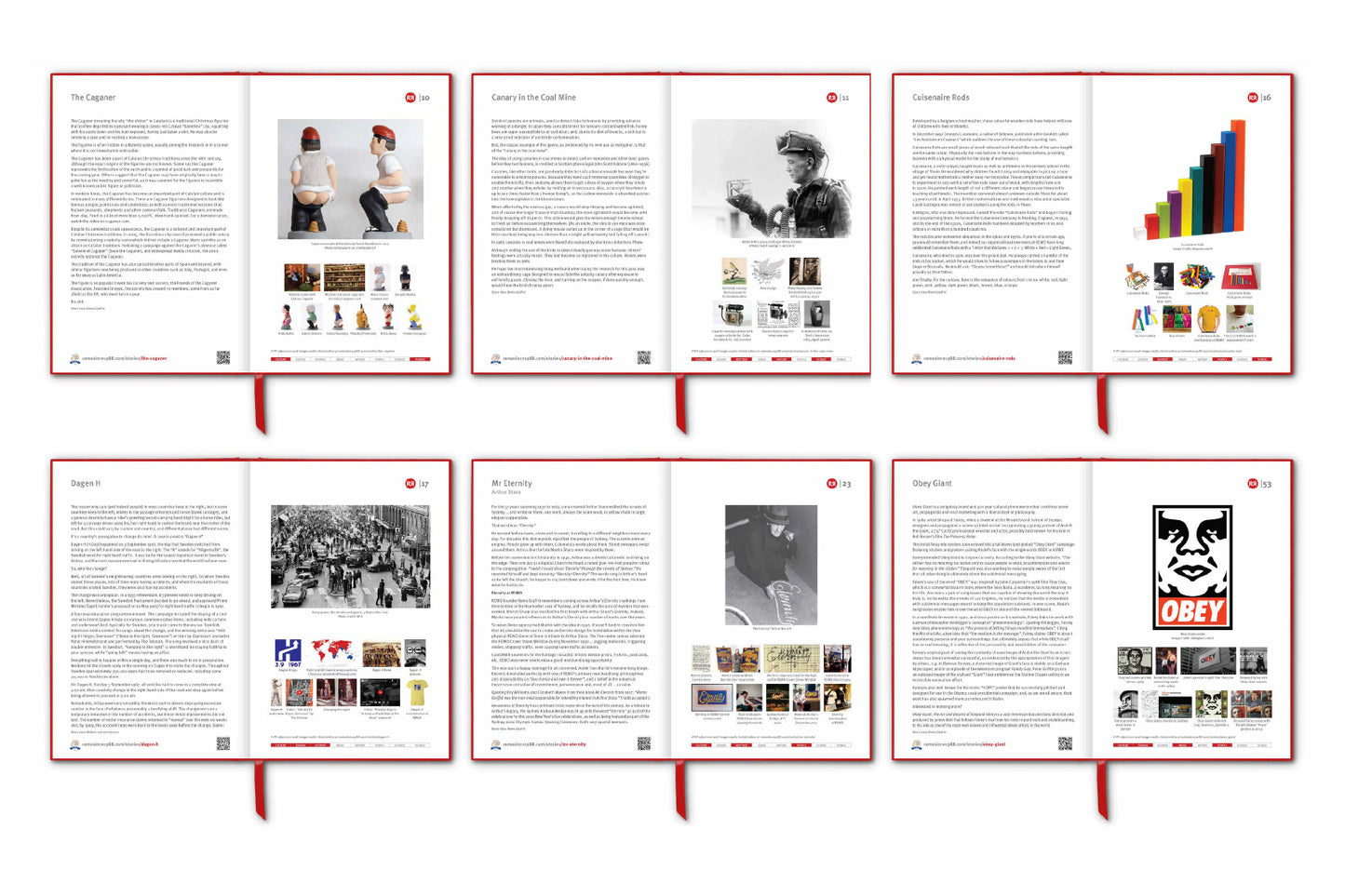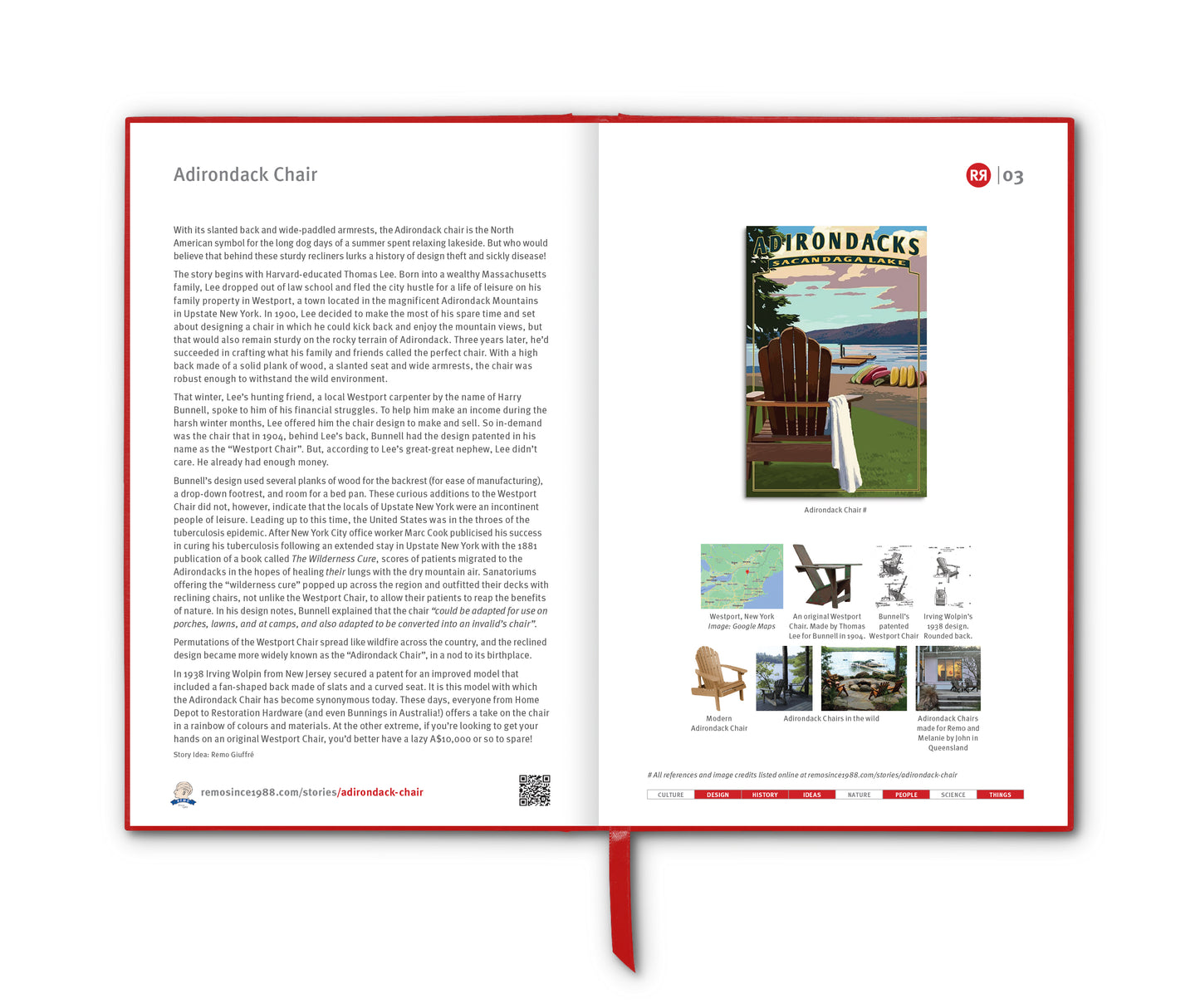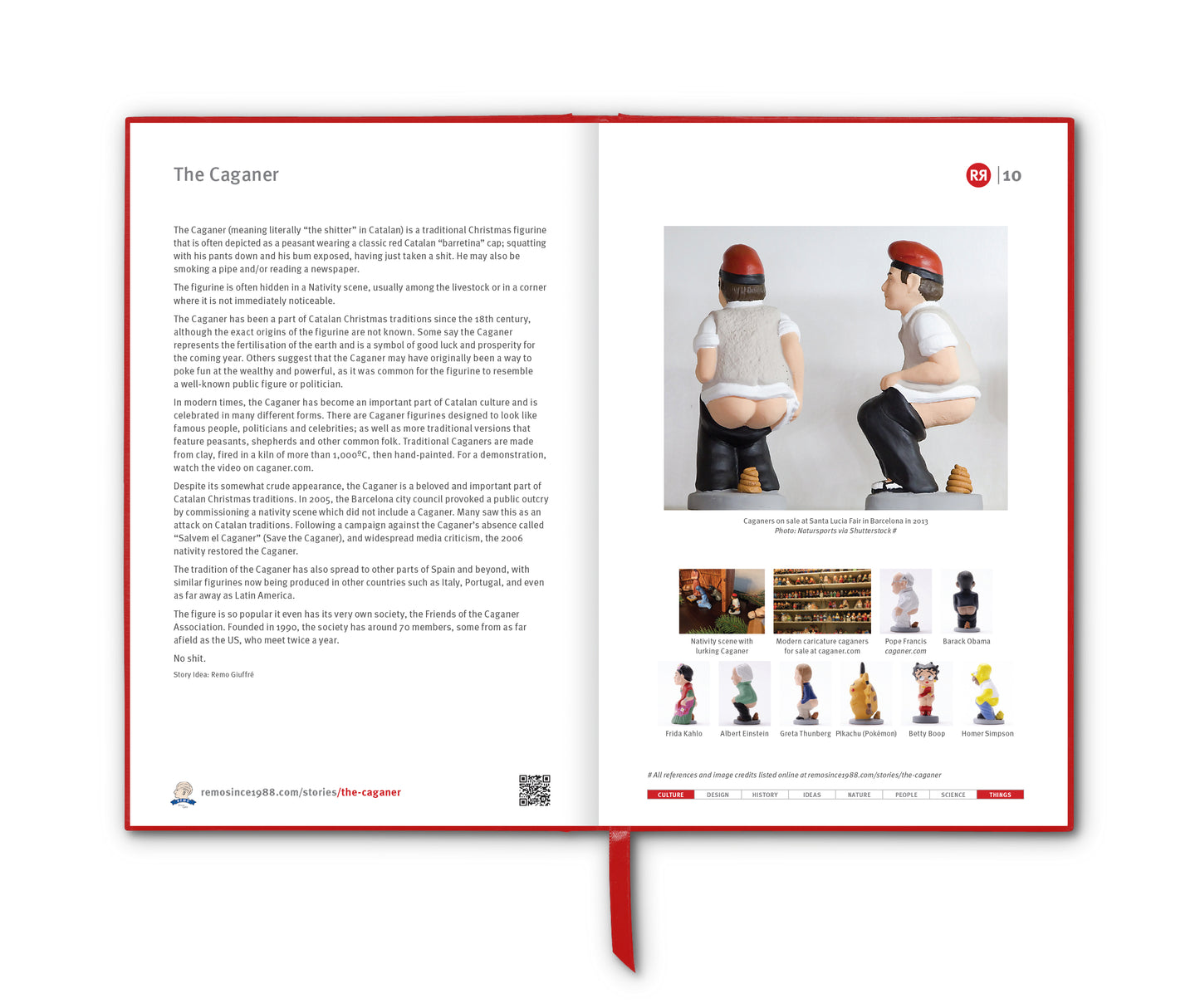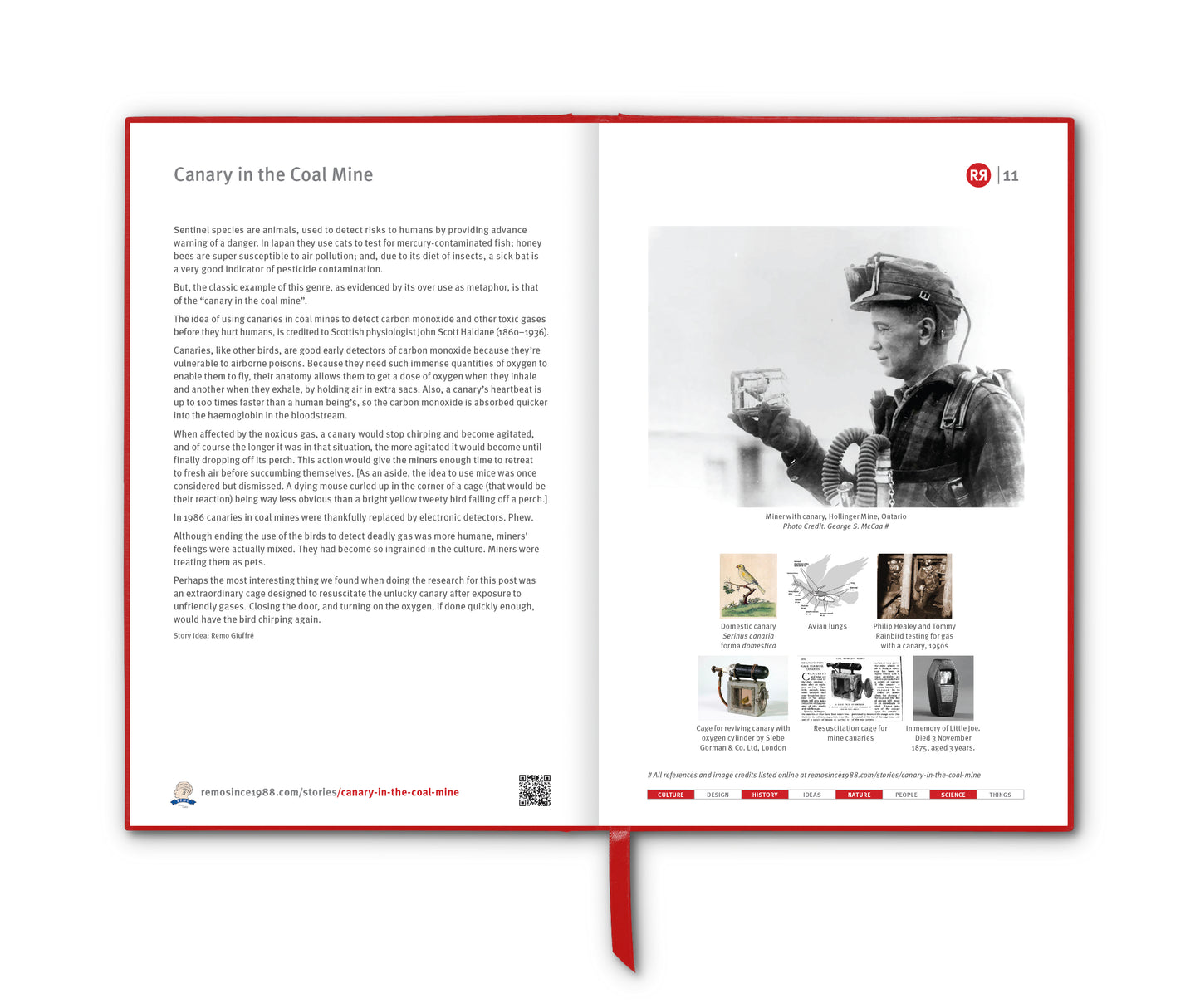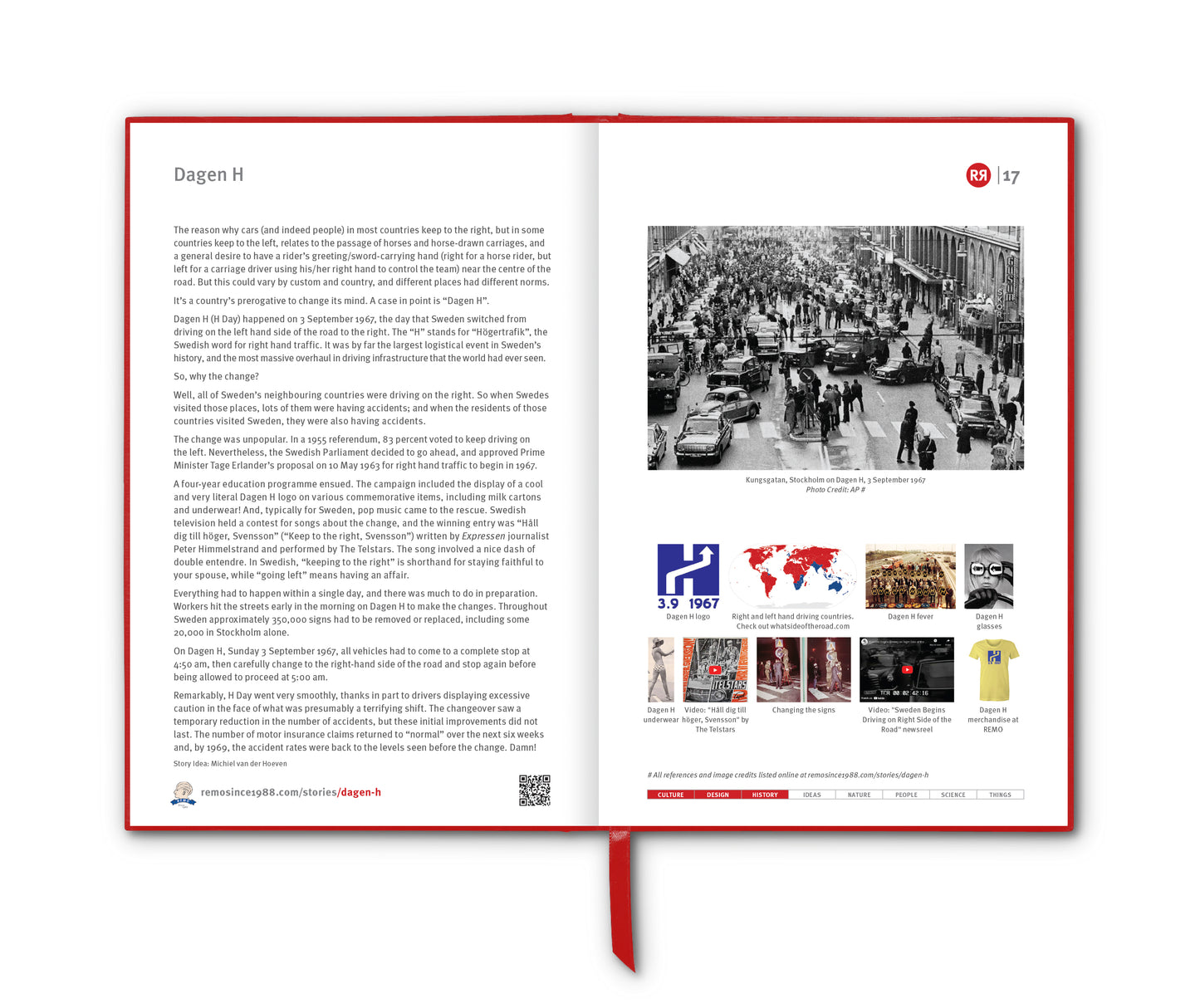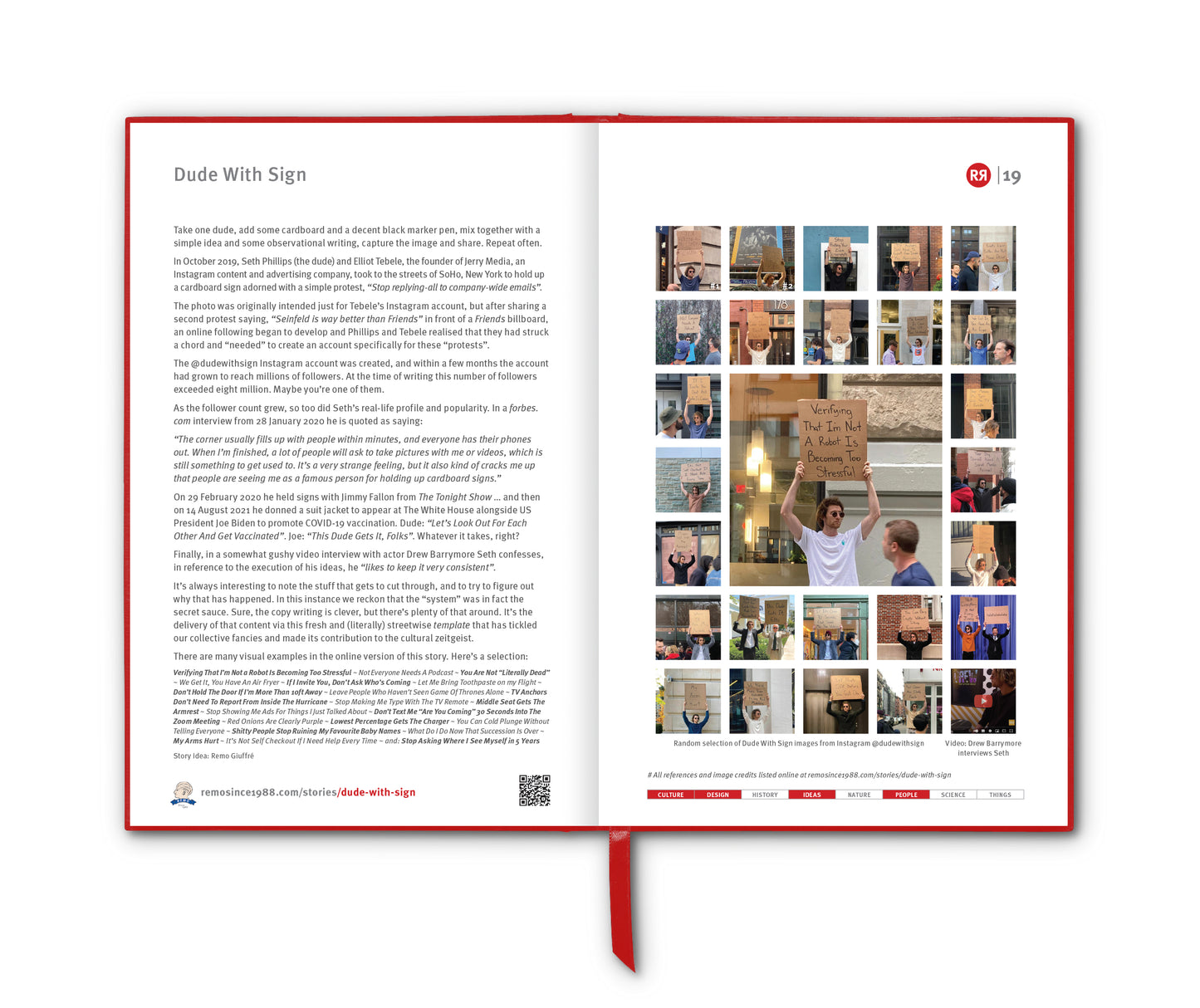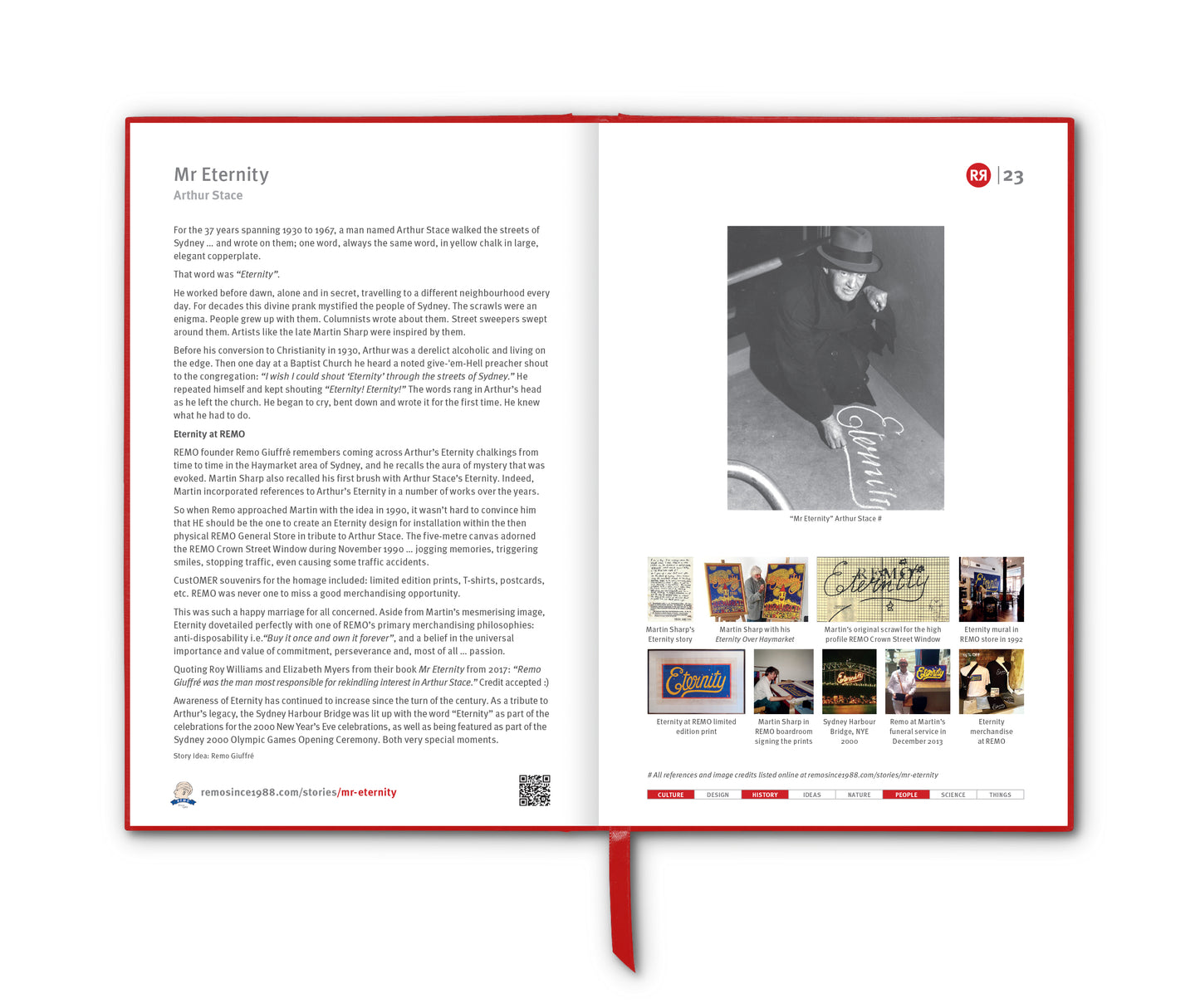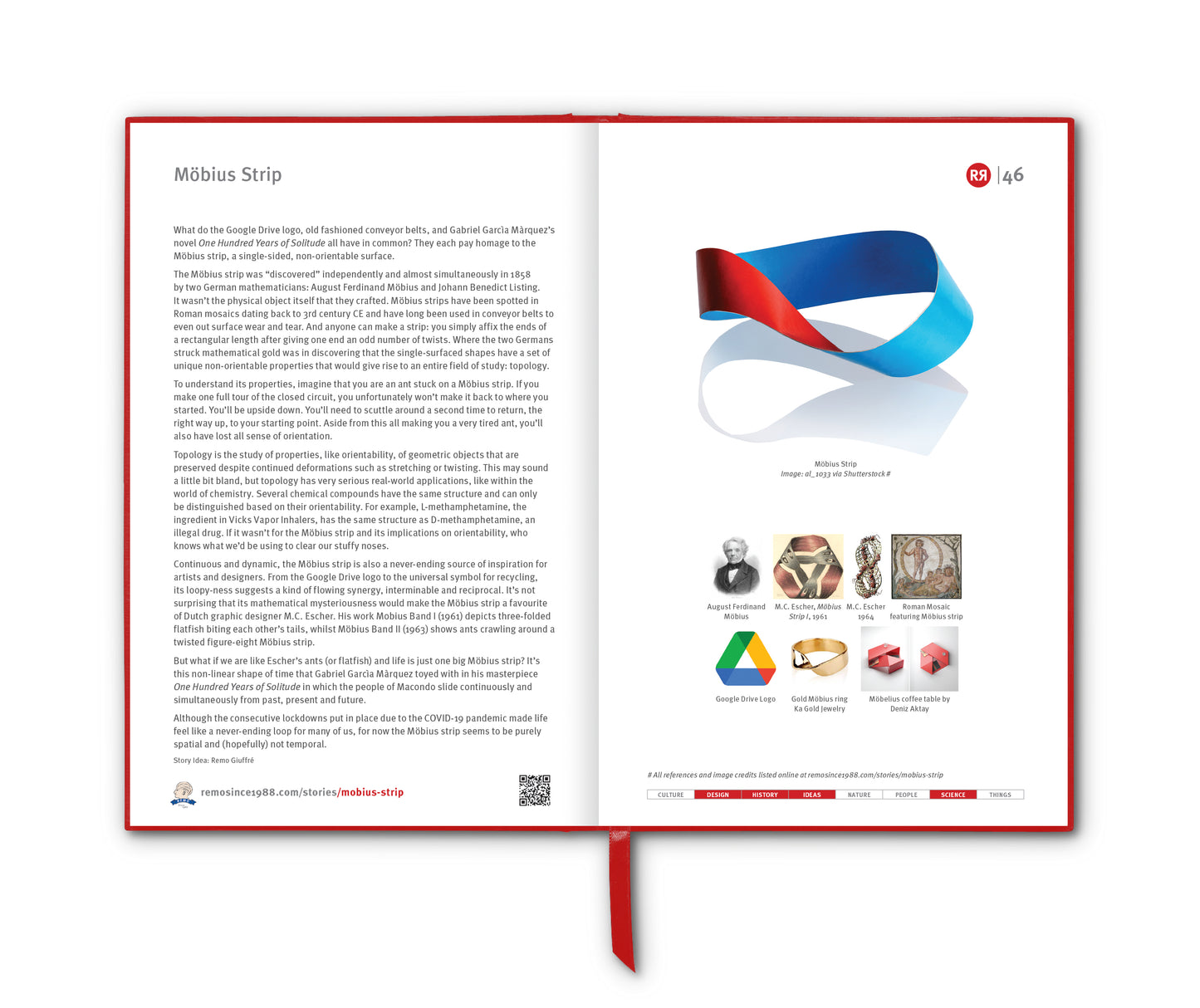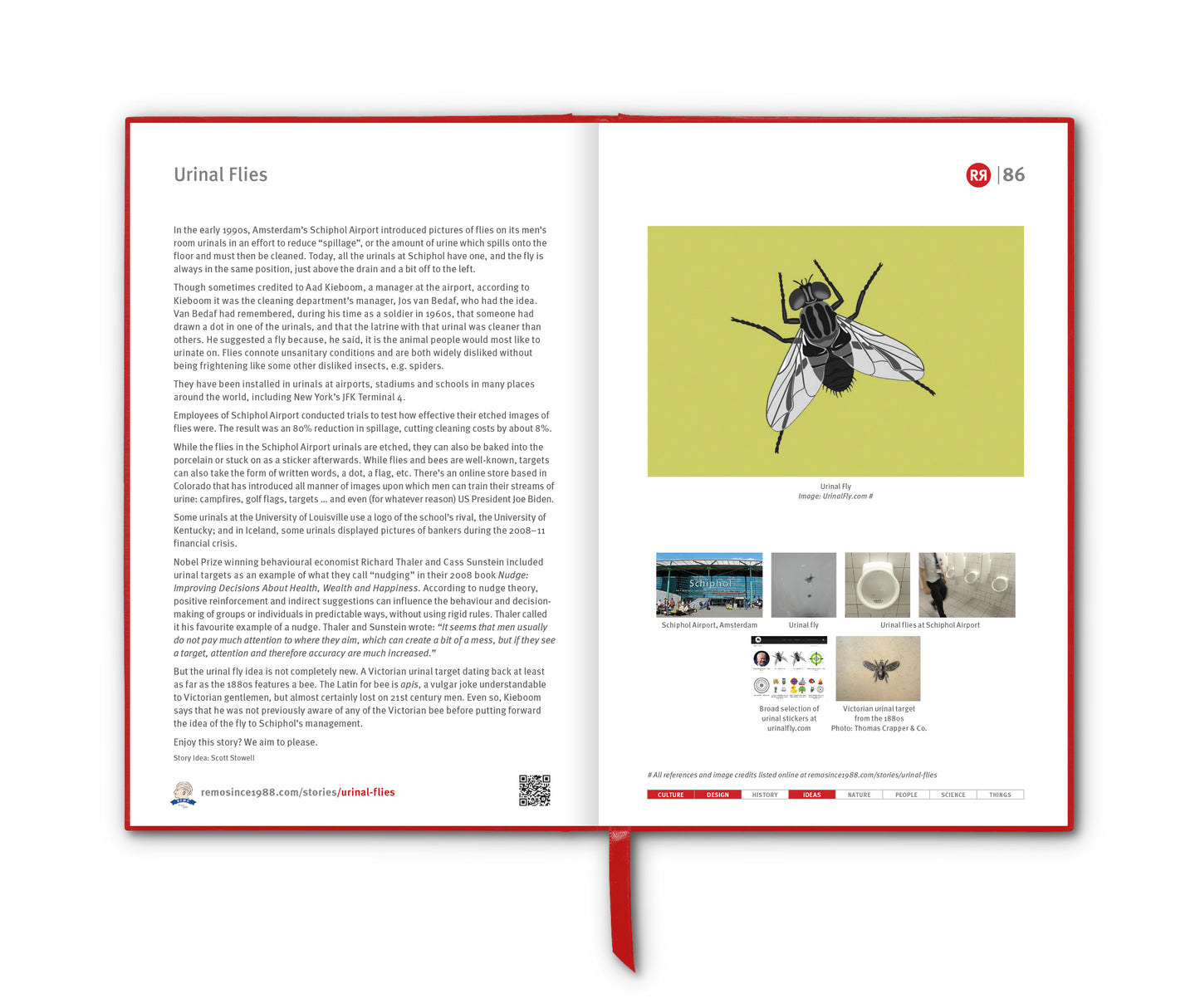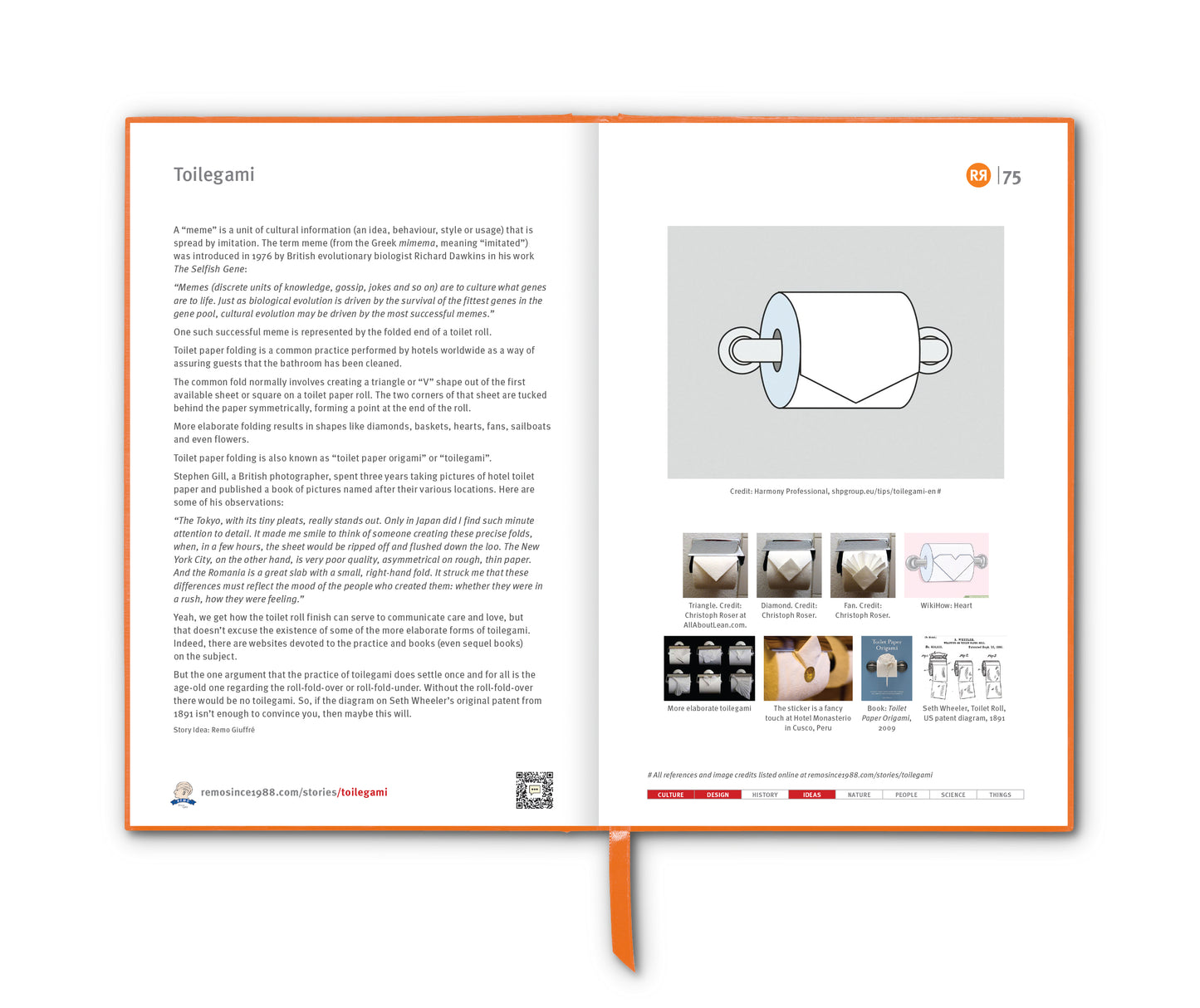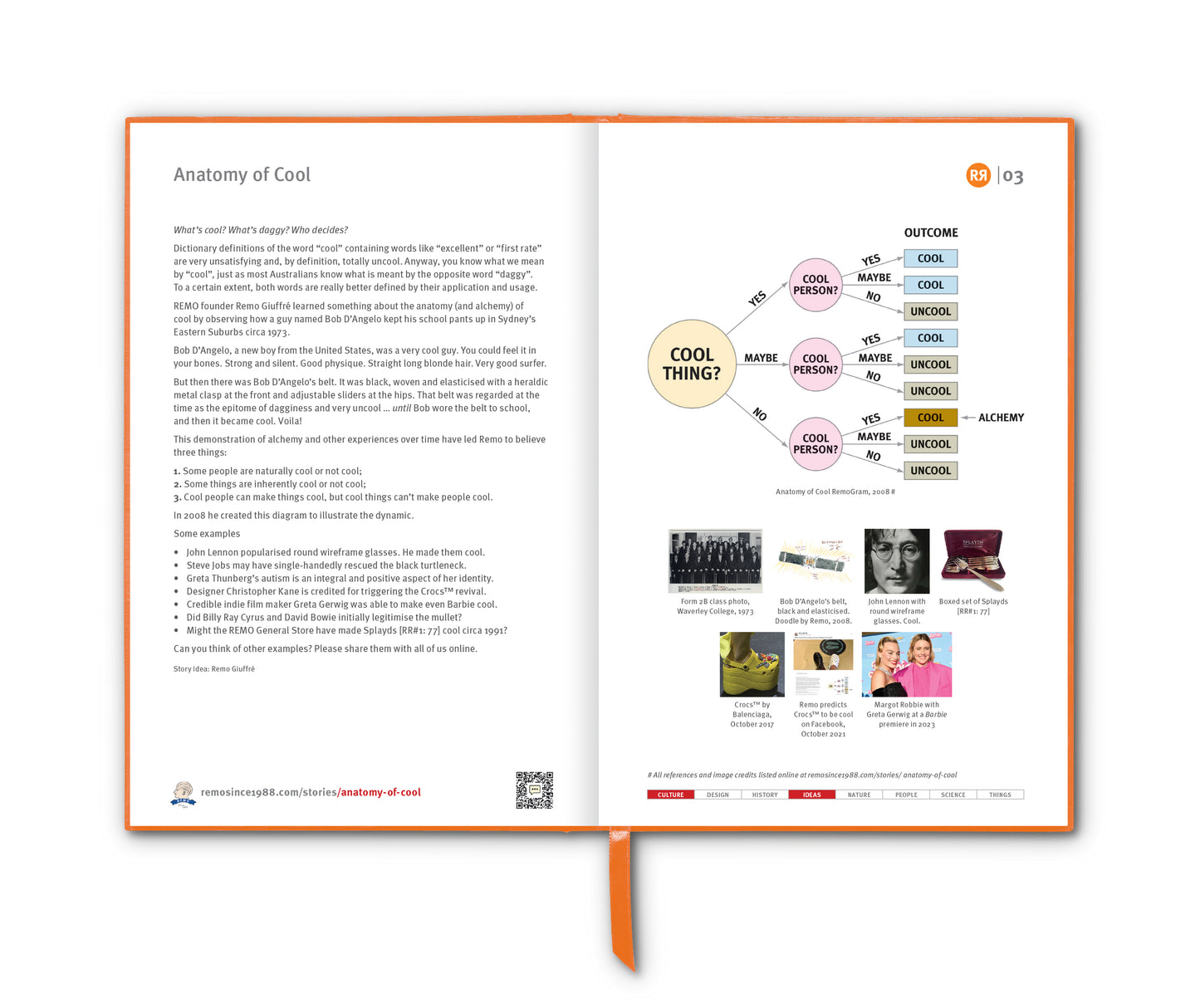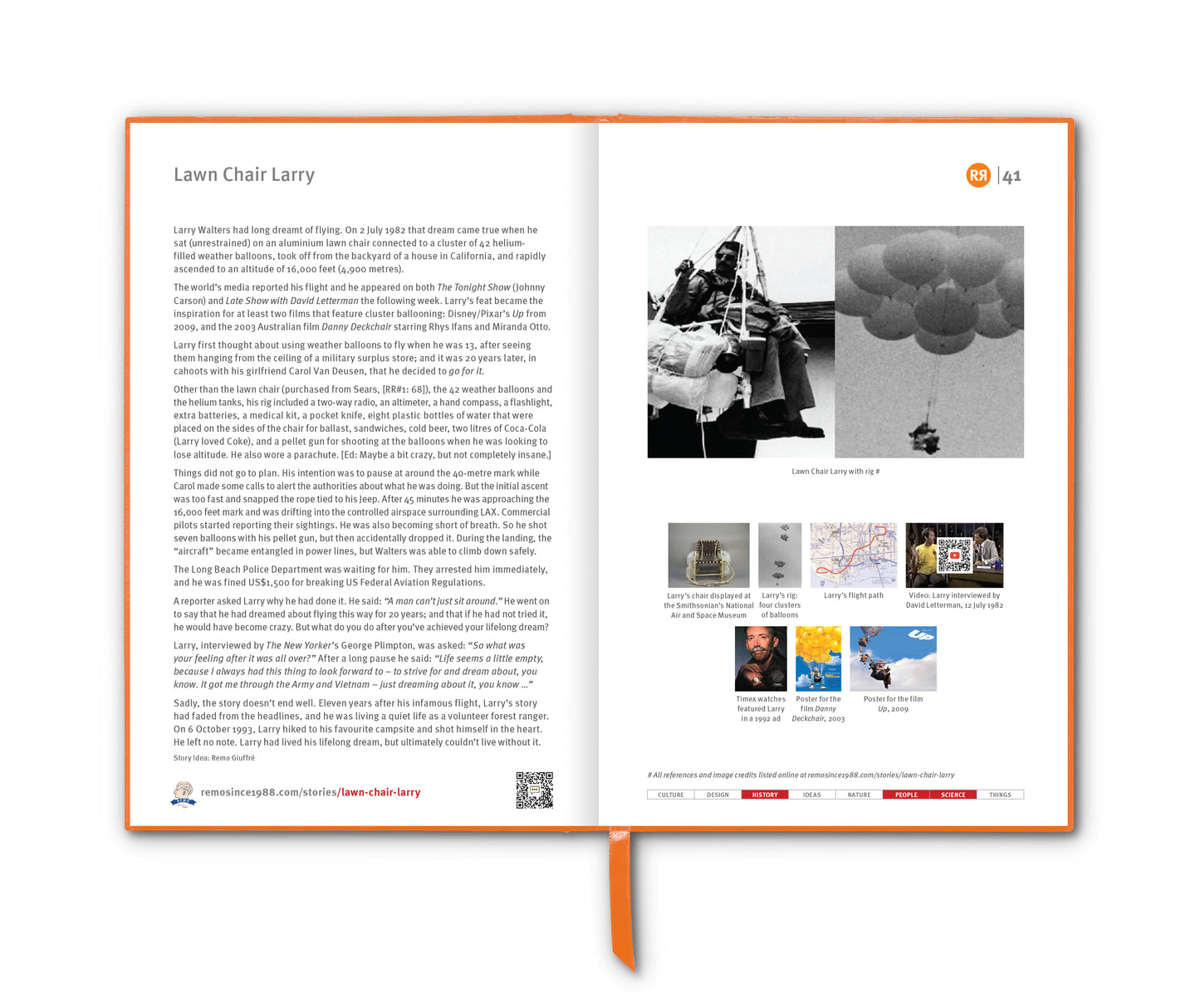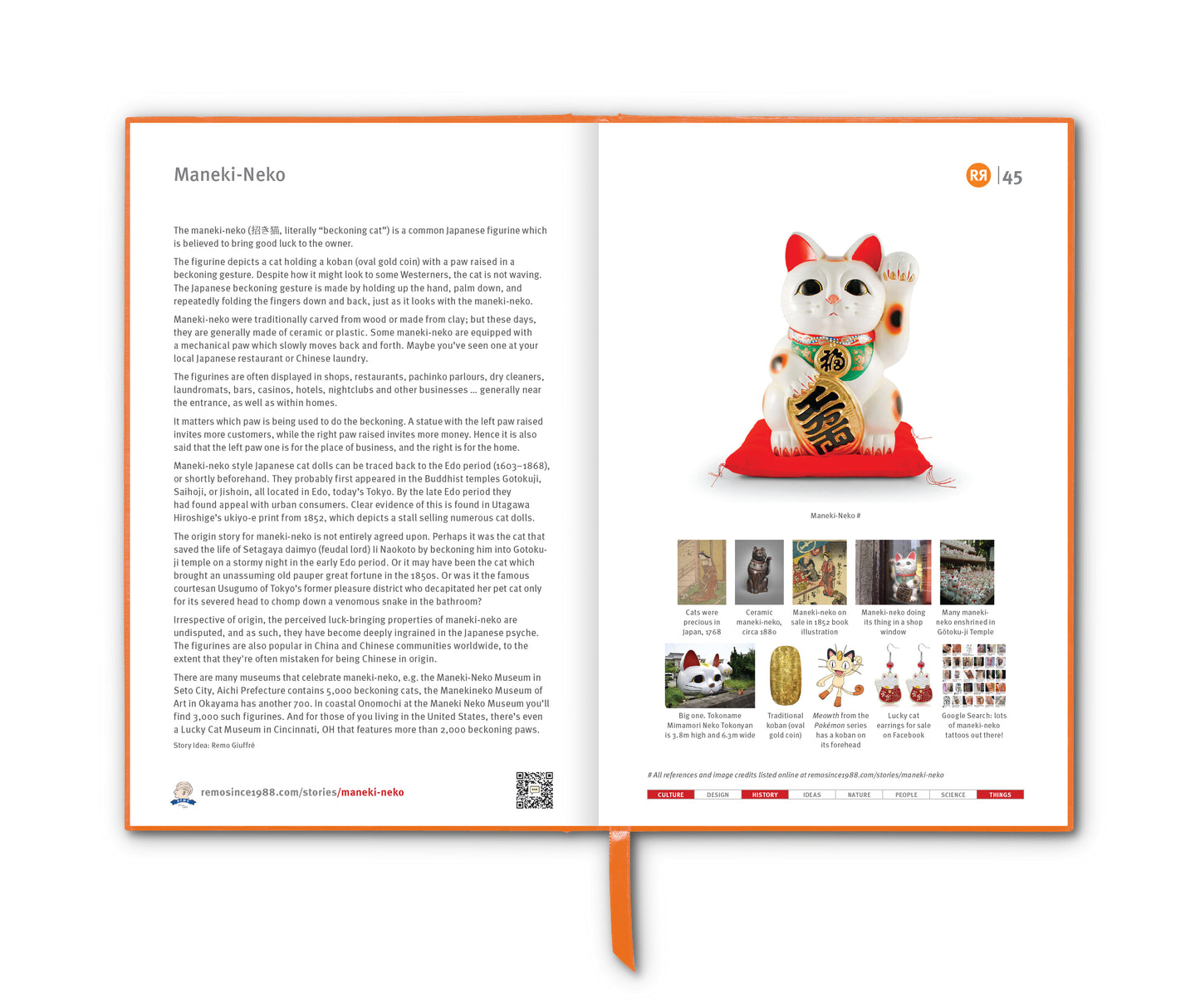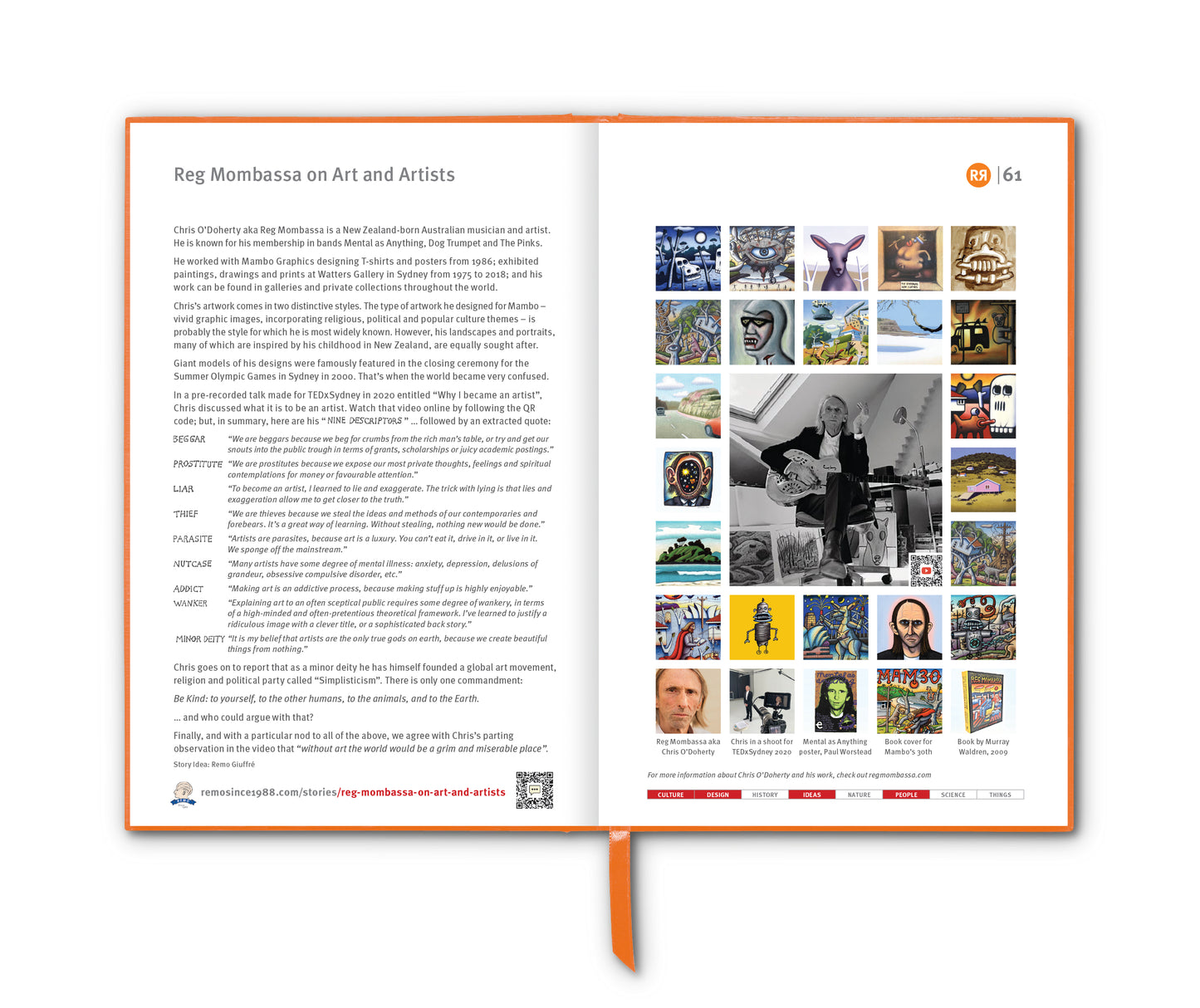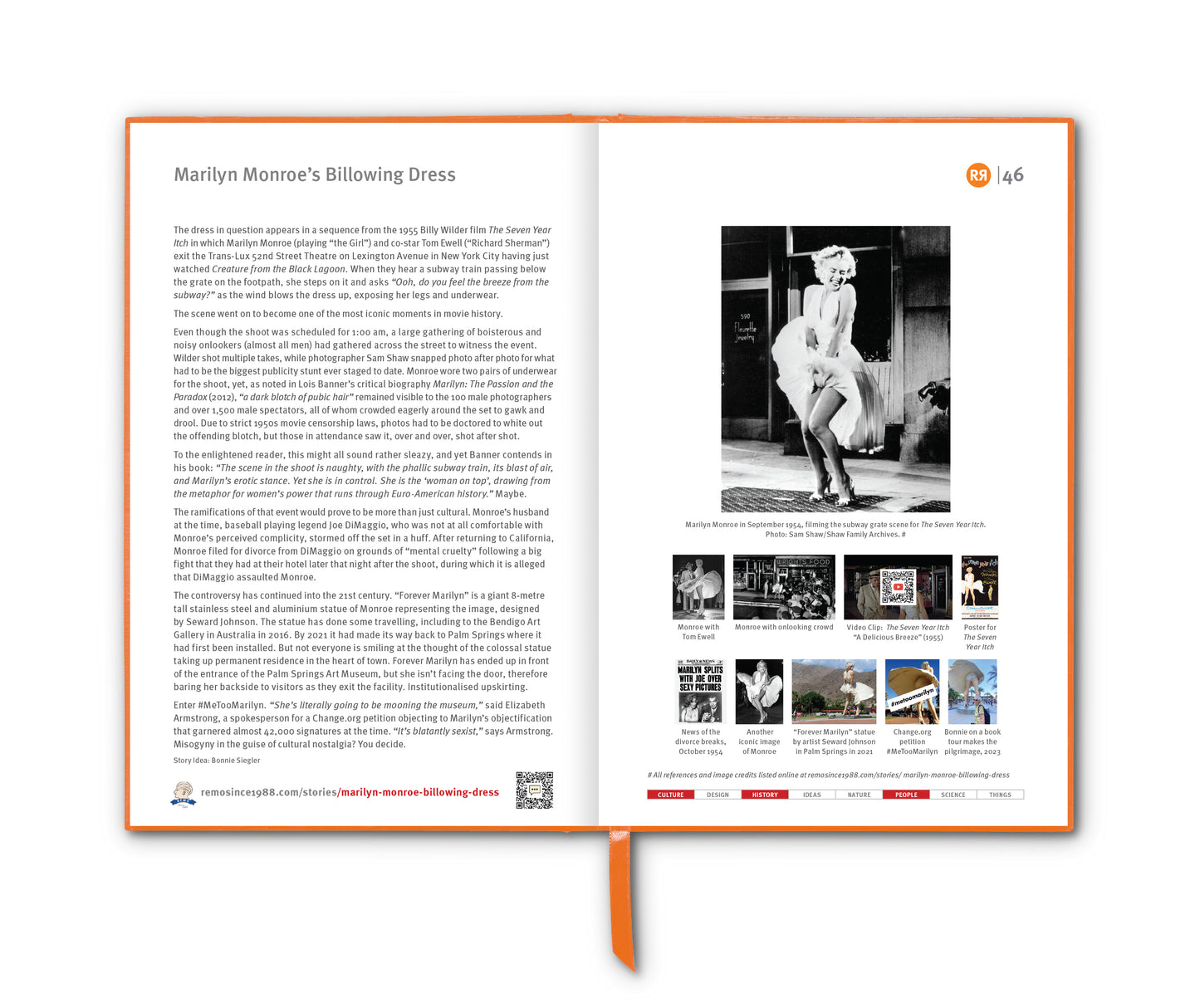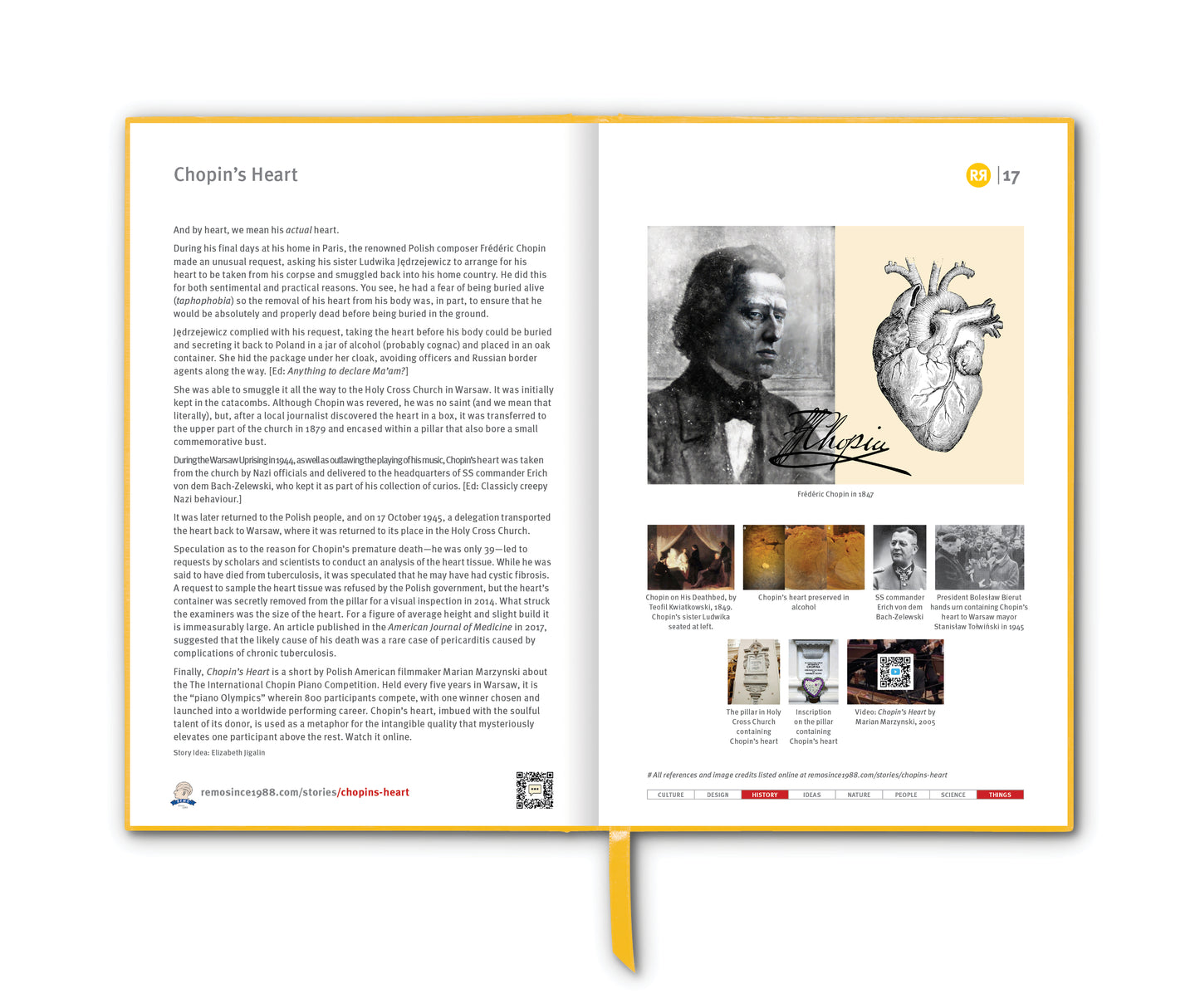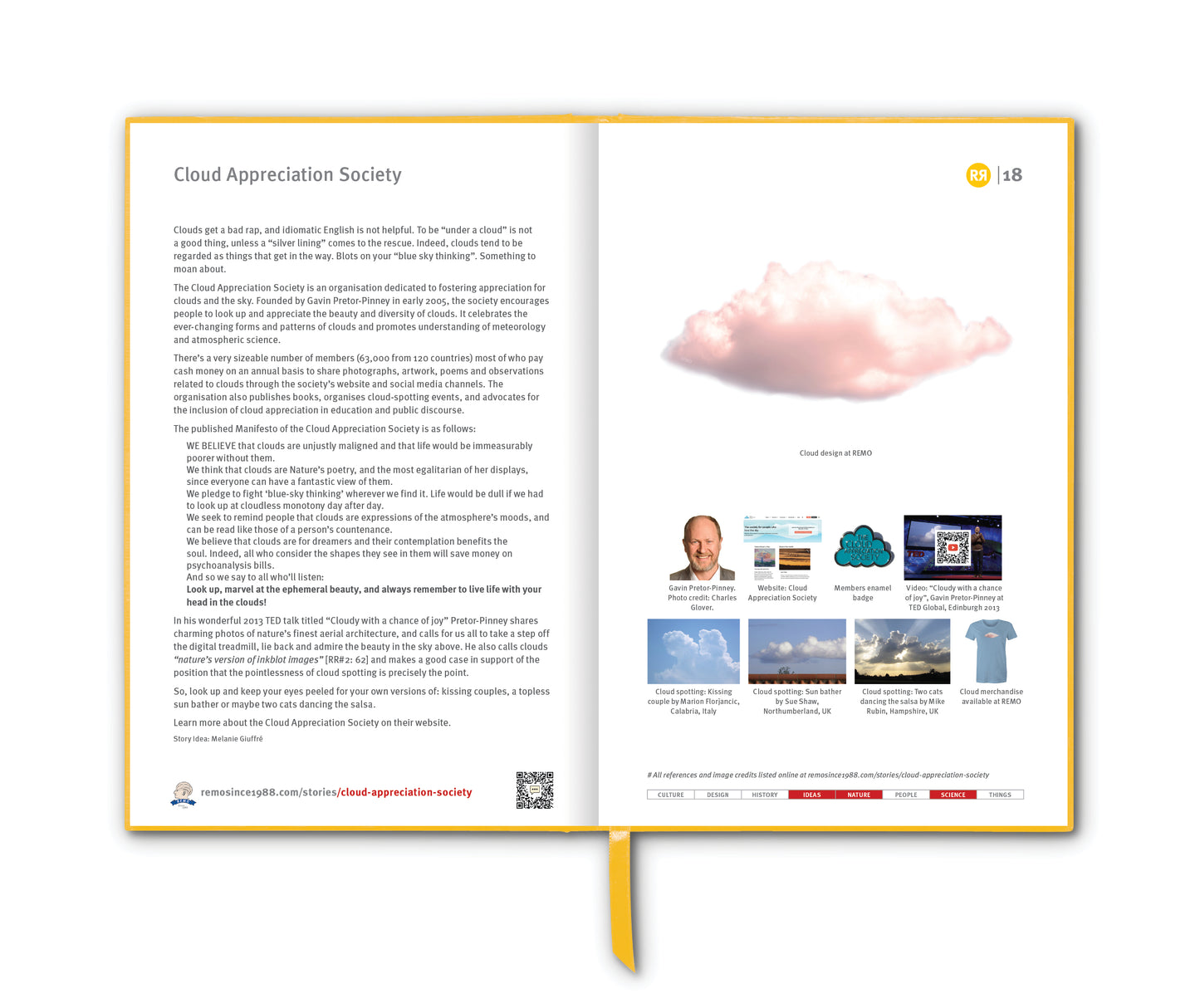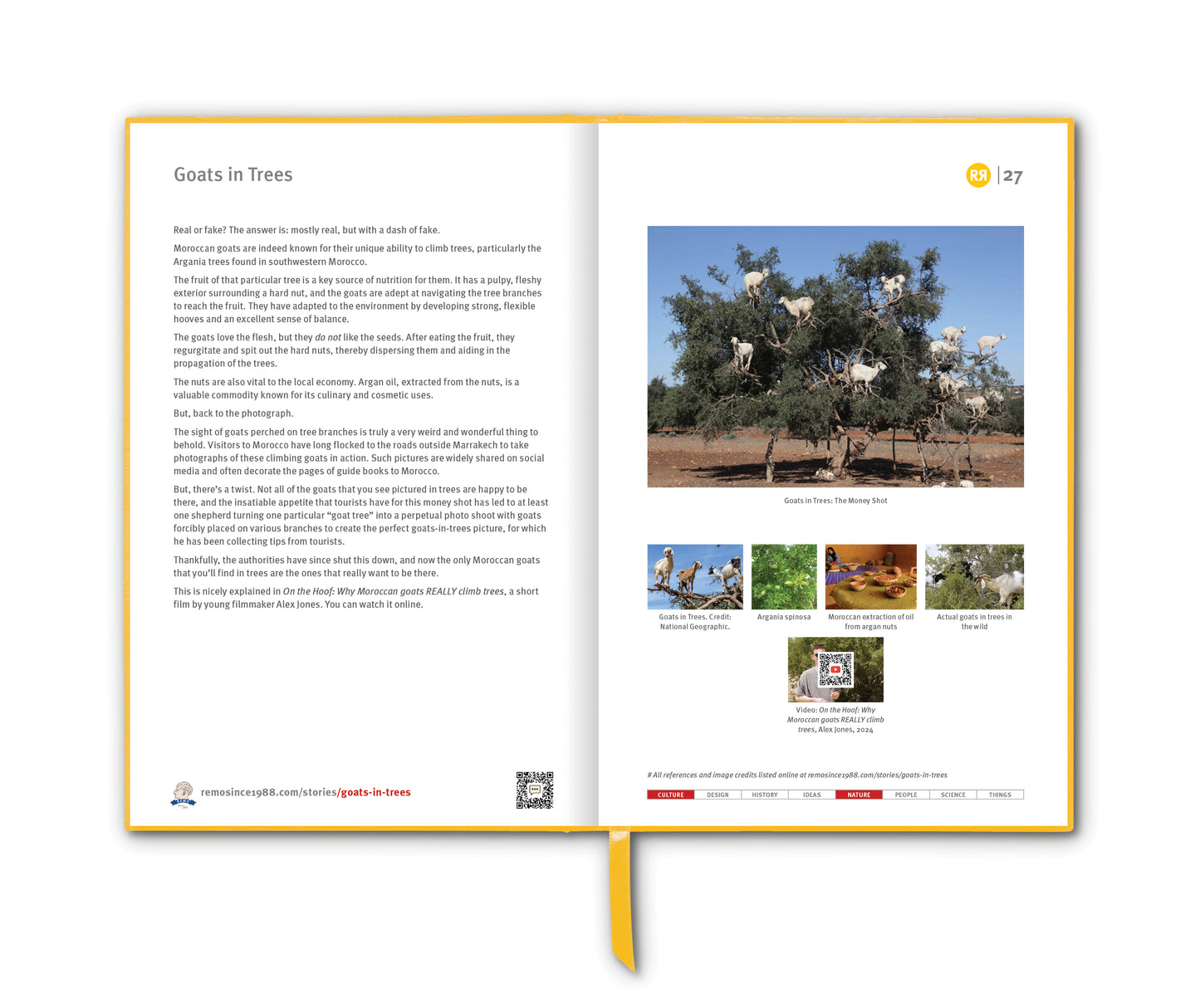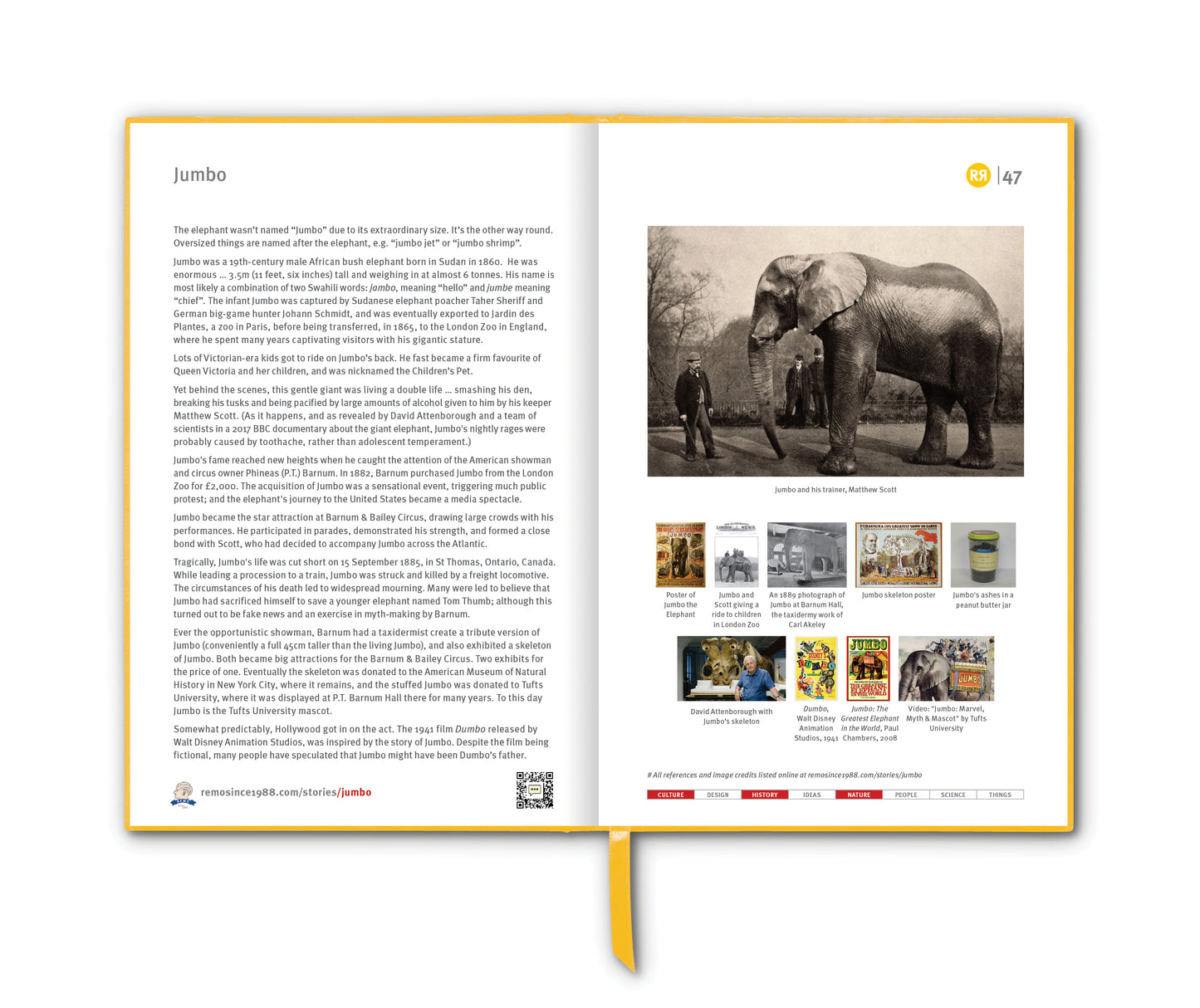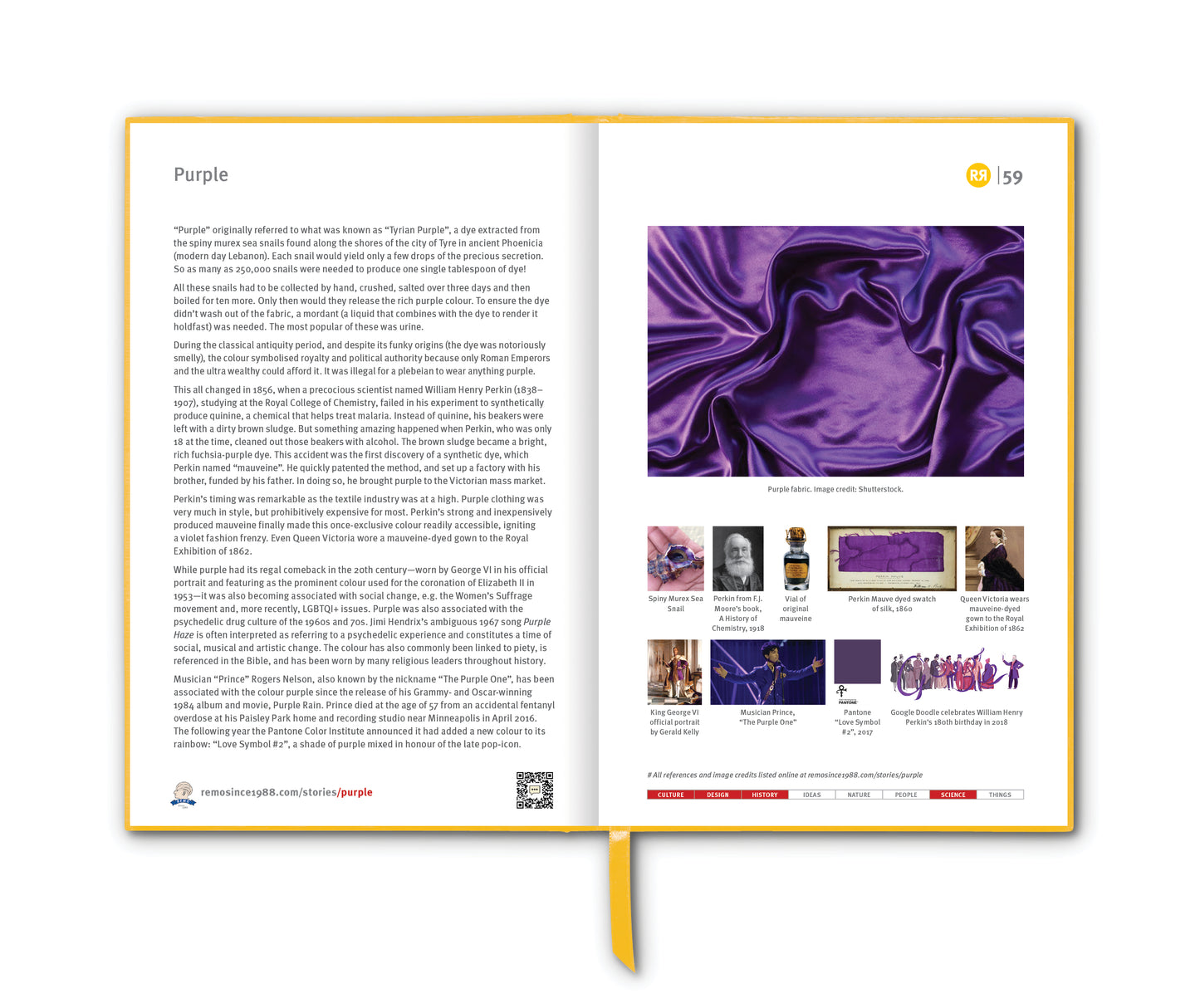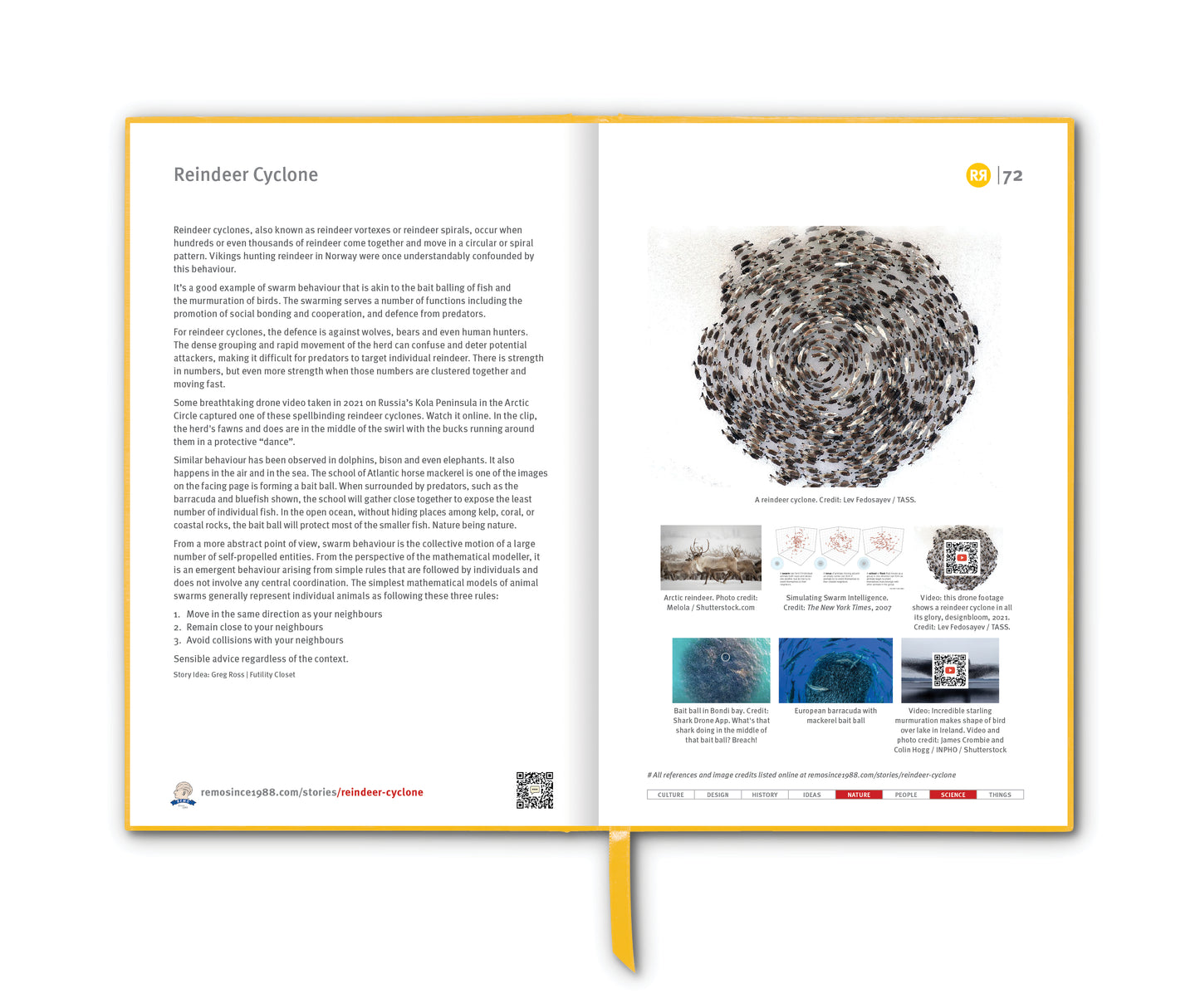Yawning is a common physiological response that involves opening the mouth wide and taking a deep breath, often followed by a long exhalation.
Almost all vertebrate animals, including mammals, birds, reptiles, amphibians and even fish, experience yawning. The study of yawning is called chasmology. [Ed: Chasmologists, your mother may have expected a different career choice.]
Yawning is often associated with tiredness and the body's need for sleep. It is commonly observed when people are preparing to go to sleep or when they are waking up. Yawning can also occur in response to boredom, stress, anxiety, or even certain medical conditions. For example, excessive yawning can be a symptom of sleep disorders, neurological conditions or heart problems.
The exact reason for yawning is not entirely understood, and is the subject of ongoing research. It is believed to help increase oxygen intake, promote alertness and cool the brain [Ed: a good thing, surely]. It may also help regulate the body's internal state and maintain wakefulness.
Seeing, hearing, or thinking about yawning can trigger a yawn in others. This phenomenon is linked to social and empathetic behaviour. So-called “contagious yawning” is more common among individuals who are closely bonded or share a strong connection. Contagious yawning has also been observed in chimpanzees, dogs, cats, birds and reptiles … and can occur between members of different species.
A study by the University of London has suggested that the contagiousness of yawns by a human will pass to dogs. The study observed that 21 of 29 dogs yawned when a stranger yawned in front of them but did not yawn when the stranger only opened his mouth. They responded frequently to genuine yawns, but less so to fake yawns in which people simply stretched and then opened and closed their mouths without making noise. Some researchers called it a sign of the bonding between man and his best friend.
The yawn reflex has long been observed to be contagious. In 1508, Erasmus wrote, "One man's yawning makes another yawn.”
Even reading about yawning makes people yawn. You are quite possibly yawning right now.
Finally, some cultures lend yawning moral or spiritual significance. An open mouth has been associated with letting good immaterial things (such as the soul) escape or letting bad ones (evil spirits) enter, and yawning may have been thought to increase these risks. Covering the mouth when yawning may have been a way to prevent such transmission.
__________________________
References
wikipedia.org/wiki/Yawn
nytimes.com/2019/02/22/well/live/why-do-we-yawn
archive.nytimes.com/well.blogs.nytimes.com/2013/08/19/really-yawning-is-contagious-between-dogs-and-their-owners
Images
1. Yawning human being. Credit: PepsiCo, Inc.
2. Ye olde yawning
3. Pope Francis yawning. Photo credit: Patrick Hertzog / AFP / Getty Images
4. President Obama yawning
5. Cat yawning
6. Dog Yawning
7. Caption Bonnet macaque yawning. Photographed in Tamil Nadu, India. Photo credit: Paul Williams / Science Photo Library
8. Babies only yawn when they want to. Photo credit: iStockphoto.
9. Yawning fetus at 30 weeks of pregnancy










